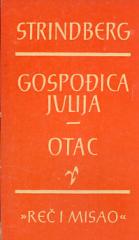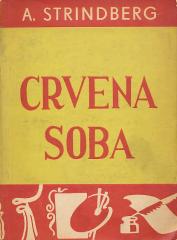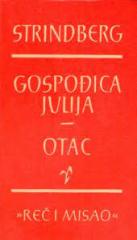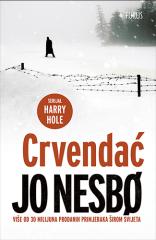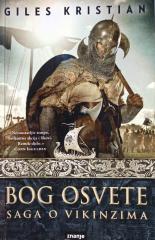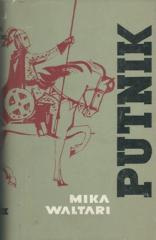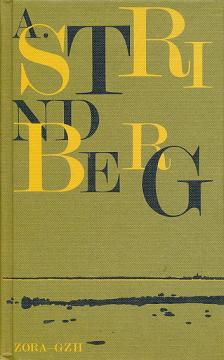
Inferno / Okultni dnevnik : brak s Harrietom Bosse
The so-called Occult Diary occupies a special place in Strindberg's literary legacy. Nothing can be compared to it.
The Occult Diary begins on February 21, 1896, when Strindberg's great inferno-crisis was approaching its climax. A short time before that, he settled in the famous "Orfila" hotel in Paris. "Since that time...", he writes in Inferno, "I noticed a series of revelations, which I could not explain to myself without resorting to the existence of unknown forces." Since then, I've been writing notes, which gradually pile up and form a diary."
From the beginning, he contented himself with recording "unusual cases" in a concise form, strange events and details in which he himself saw miracles or signs, messages from forces. These early notes soon formed the first draft material for both of his confessions, Inferno and Legends. However, his notes become intelligible to others only in an expanded, ordered form, which brings his own interpretations of those observations. The notes grow more and more into an extensive confession and are filled with considerations and reflections and his experiences. The "occult" recedes more and more into the background, but still disappears completely. Especially since Harriet Bosse entered his life in 1900, that work became a diary in the usual sense of the word. Harriet and his relationship to her come to the fore from then on. After she finally left him and entered into a new marriage, he stops that diary about his life. The last dated note is dated July 11, 1908. On that day, Strindberg leaves the flat in Karlavagen, where he and Harriet Bosse had made their home after their marriage, and moves into his last Blatornet flat, Drottninggatan 85. (From the foreword by Torsten Eklund)
No copies available
The last copy was sold recently.
